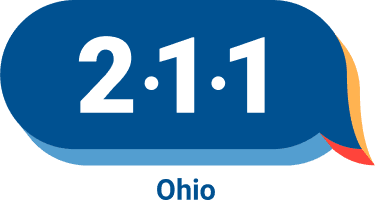Icanconnect / I Can Connect | Federal Communications Commission
45 L St. Ne, Washington, DC 20554
Phone M-F: 8:00am-6:00pm for information or go to website for more information. Caller will be connected to a local service representative.
Free.
Ohio
Description
Provides equipment needed to make telecommunications, advanced communications and the internet accessible to low-income individuals who are deaf-blind or have both significant vision loss and significant hearing loss. In addition to equipment, assessments of specific accessibility needs, equipment installation, training, and other technical support are also available.
Data provided by
211 Cleveland
Providing organization
Federal Communications Commission
Provides regulation and enforcement of laws pertaining to non-government communication by radio, television, wire, telephone, cell-phone, satellite, and cable. Regulates the distribution of radio spectrum frequencies. Accepts various consumer complaints on telecommunication services and practices.
